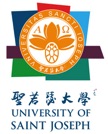Processes, outcomes and metrics for assessing synchronous and asynchronous collaboration in Virtual Worlds
A British Council PMI-2 funded international research project
Teesside University, UK, Future University (Hakodate) and Yokohama University (Tokyo), Japan


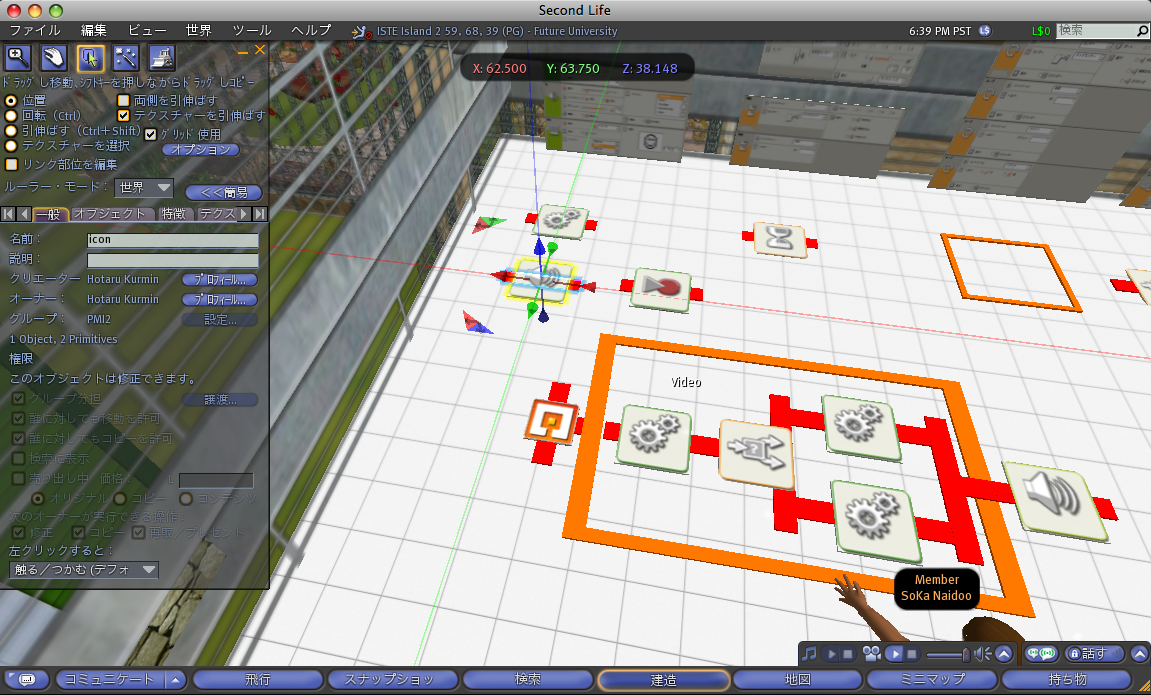

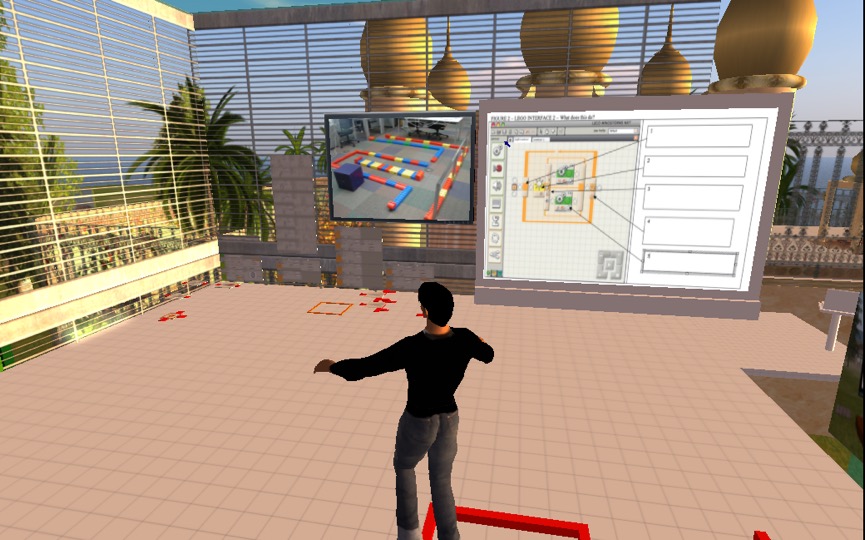
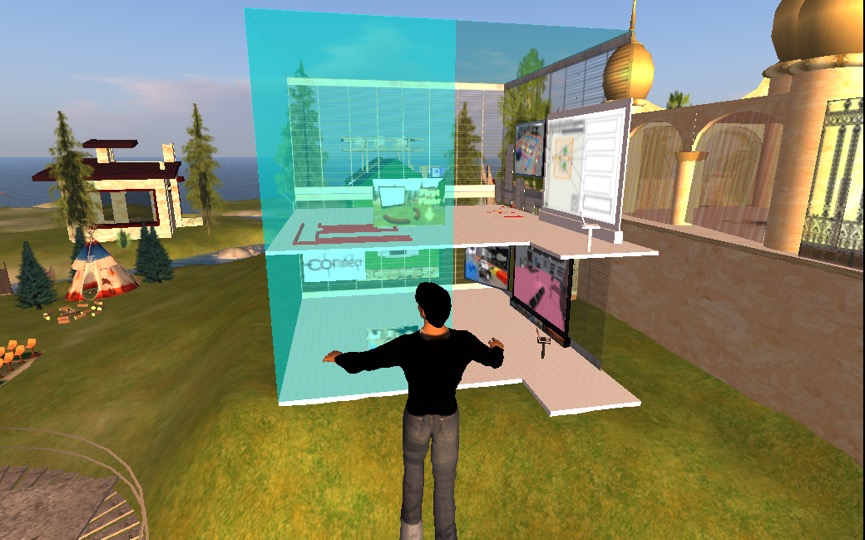
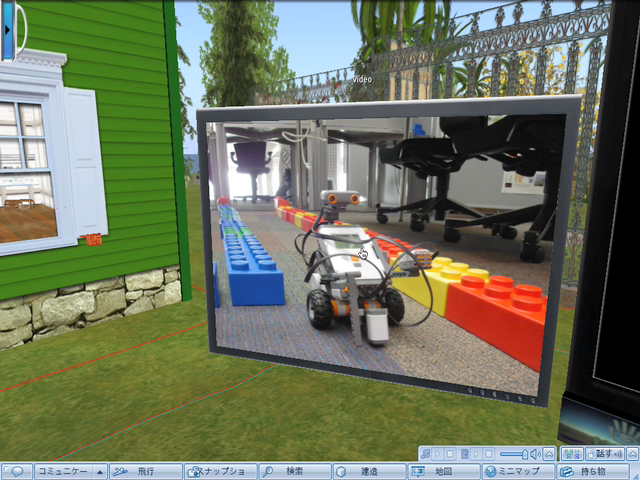
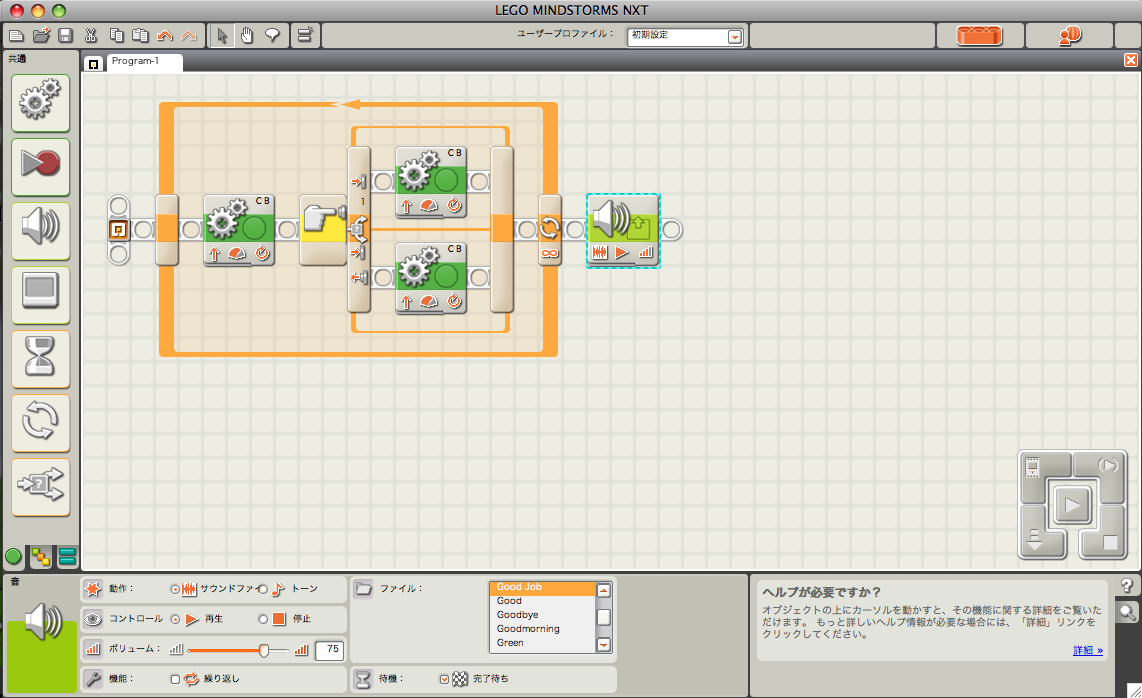
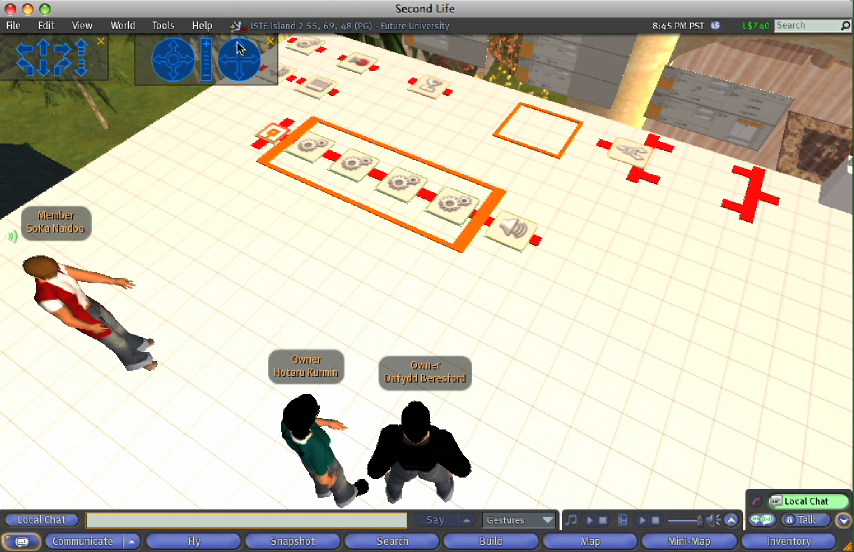
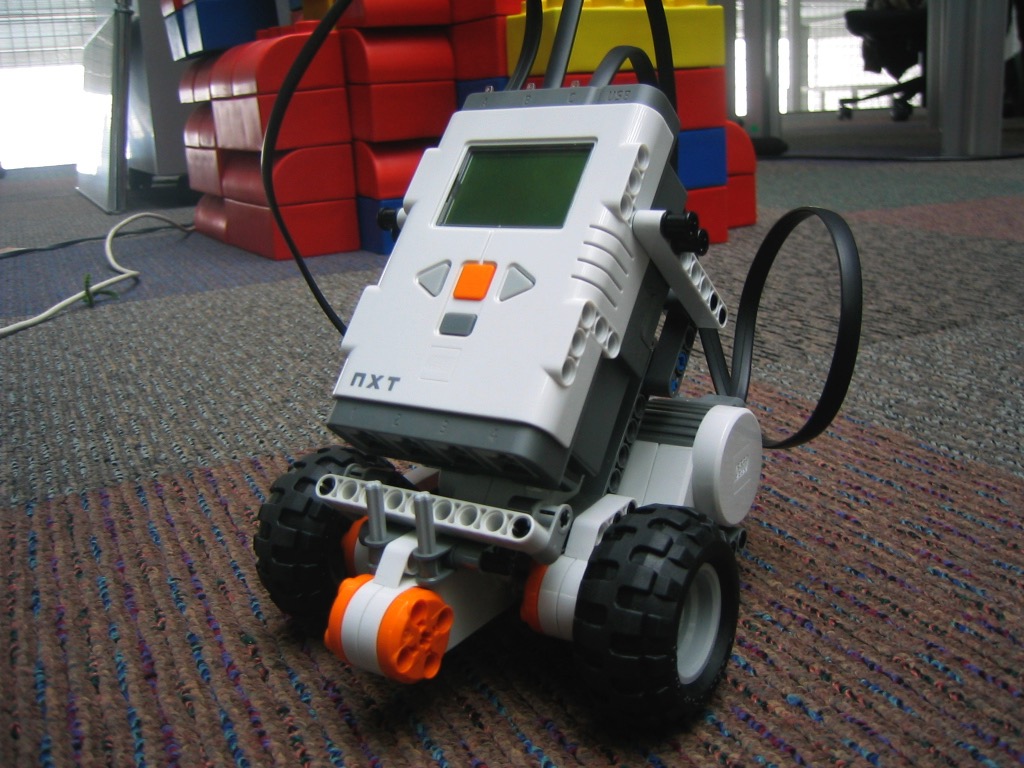
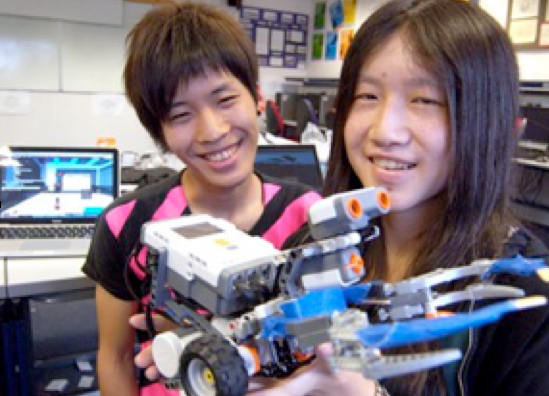
Research Team



Prof Stewart Martin
Faculty of Arts, Cultures and Education,
University of Hull, UK
Prof. Michael Vallance
Department of Media Architecture,
Future University, Hakodate, Japan
Charles Wiz
College of Education, Yokohama University, Japan
Prof. Paul Van Schaik
School of Social Sciences, Humanities and Law,
Teesside University, UK
The PMI-2 project was designed to identify successful metrics for assessing tasks in emerging Virtual Worlds by comparing synchronous and asynchronous collaboration in two virtual platforms; Second Life and QWAQ Forums.
The desire for collaborative learning with and in virtual immersive interactive environments is becoming more prominent in mainstream Higher Education and the PMI-2 Project provides educators with a framework upon which to construct their curricula, design effective tasks, and assess learning outcomes within such environments.
Teams of science students in three international universities in the UK and Japan compared different collaborative processes and the effectiveness of each of these when working together to remotely program robots to follow basic instructions. The data from these processes were used to develop a framework for the successful implementation of collaborative tasks undertaken in emerging Virtual Worlds.
Measurements used to assess the pedagogical effectiveness and associated knowledge uptake of a given science skills curriculum is frequently measured using standardized achievement tests. Such tests tend to focus on measuring changes in acquired basic knowledge but are often less useful for measuring critical thinking ability, task effectiveness, and the contribution of collaborative interactions when engaged in communication and learning.
The PMI-2 project was designed to remedy this by developing universal metrics that may be applied to general and focused science, technology, and engineering learning environments.
Controlled experiments with a purposive select group of participants were used to establish a framework for the effective and successful implementation of a science-based task within virtual collaborative environments. The resultant framework and protocols for effective collaborative tasks can be applied to a wide range of virtual learning spaces.

